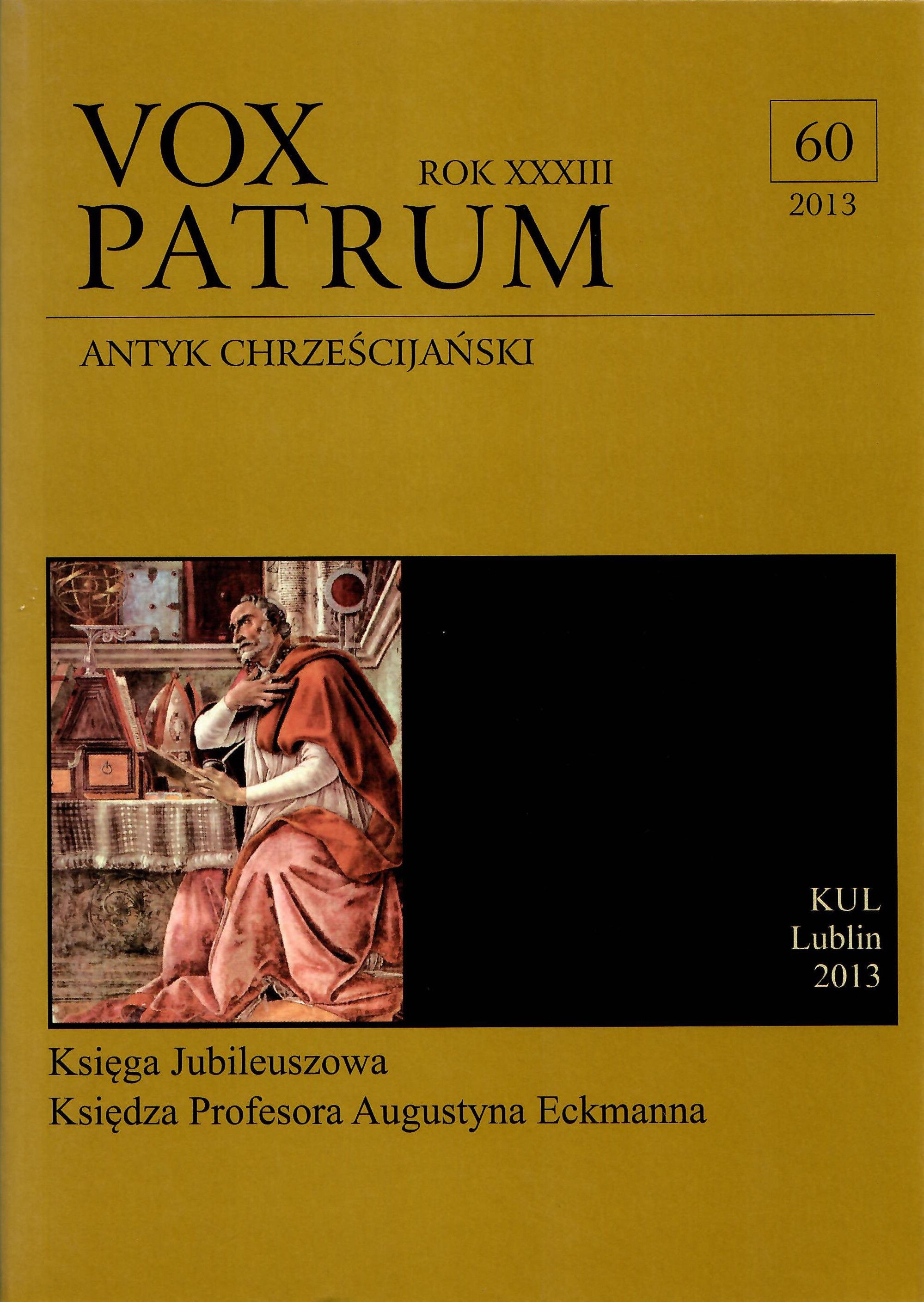ArticleOriginal scientific text
Title
Idea pokornego uniżenia w antycznej myśli greckiej
Authors
Abstract
Even though the ancient Greeks did not recognize humility as a virtue, in the later Christian sense, their literature (Solon, Hesiod, Herodotus, Euripides) and philosophy (Plato, Aristotle, Theophrastus, stoics, Plutarch, Plotinus) contains some elements of the idea of the humble lowliness. Pride – considered as the greatest vice – was not contrasted with humility, but with the attitude of just pride arising from a based on the principle of moderation sense of finding oneself sufficient and confident in one’s own capabilities. This virtue – which can be defined as a sense of self-worth – was reserved for those capable of ethical courage, the morally strong. The attitude that Christianity considered as the virtue of humility was associated in antiquity with modesty, which was the equivalent of a just pride, referring to the weak people, unfit to accomplish great deeds, or with shyness, fear or cowardice.
Keywords
cnota, idea umiaru, postawa słusznej dumy, pokora, pycha, literatura starożytnej Grecji, Solon, Herodot, Platon, Arystoteles, Teofrast, Plutarch
